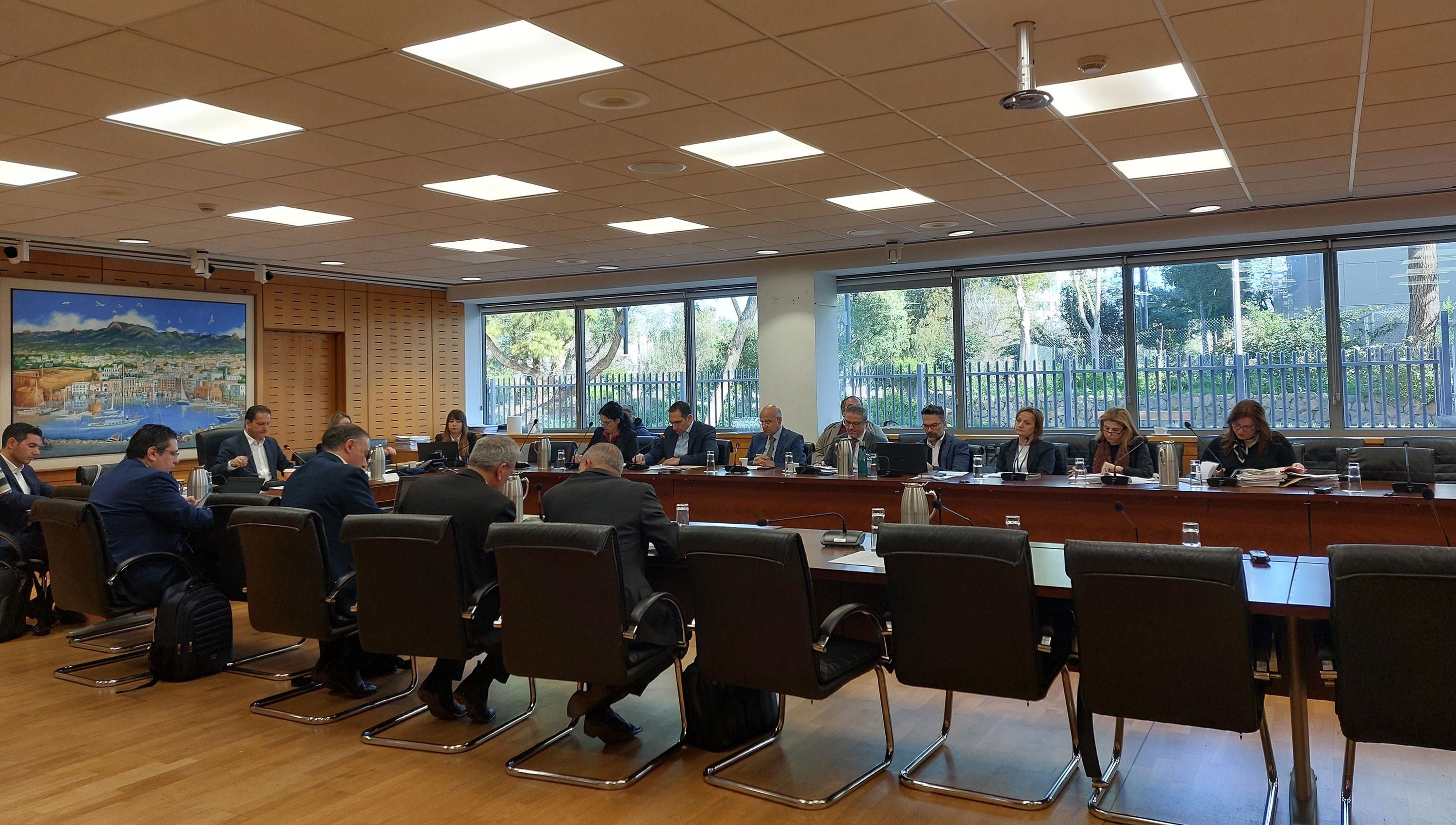Members of parliament on Thursday mulled the prospect of giving the Paphos district another parliamentary seat and, in turn, taking one away from the Nicosia district, with a final vote on the proposal set to take place on December 4.
If passed, the bill would see the number of MPs from Paphos rise to five, while the number of MPs from Nicosia would fall to 19 of the island-wide total of 56 seats which are currently occupied.
The debate was kicked off by House interior committee chairman and Akel MP Aristos Damianou, who said that it is “not right to have pending issues regarding the elections”, especially given the fact that the next parliamentary elections are set to take place in May.
He said that based on the “current data”, the allocating of another parliamentary seat to the Paphos district at the Nicosia district’s expense is “justified” but did say that if mandatory voter registration had been introduced, as the government had initially intended, “Nicosia would likely have maintained or even increased its number of seats”.
Diko MP Chrysanthos Savvides, meanwhile, said that while it was clear that the Paphos district needed another seat, “the big battle was which district would lose a seat, between Limassol and Nicosia”.
In the end, he said, Nicosia had marginally fewer voters per seat, and as such lost the seat.
He also expressed his satisfaction at the news as a Paphite, saying that “Paphos will have another voice in demanding the Paphos district’s rights” as a result of its receipt of another seat.
During the current parliament, for which MPs were elected in May 2021, the Nicosia district has 20 seats, the Limassol district has 12 seats, the Famagusta district has 11 seats, the Larnaca district has six seats, the Paphos district has four seats, and the Kyrenia district has three seats.
The Republic of Cyprus’ constitution initially foresaw a parliament with 50 voting members, of whom 35 would be Greek Cypriots and 15 would be Turkish Cypriots, as well as non-voting observers belonging to the Armenian, Latin, and Maronite communities.
Following the breakdown of constitutional order and the outbreak of intercommunal violence in 1963, the Turkish Cypriots were unable to return to their seats in parliament, leaving just 35 voting members.
That figure was raised to 56 Greek Cypriots ahead of the 1985 parliamentary elections after the constitution was altered using the doctrine of necessity. The amendment foresees 24 Turkish Cypriots also being elected, but with the Cyprus problem remaining unsolved, this has not yet happened.






Click here to change your cookie preferences